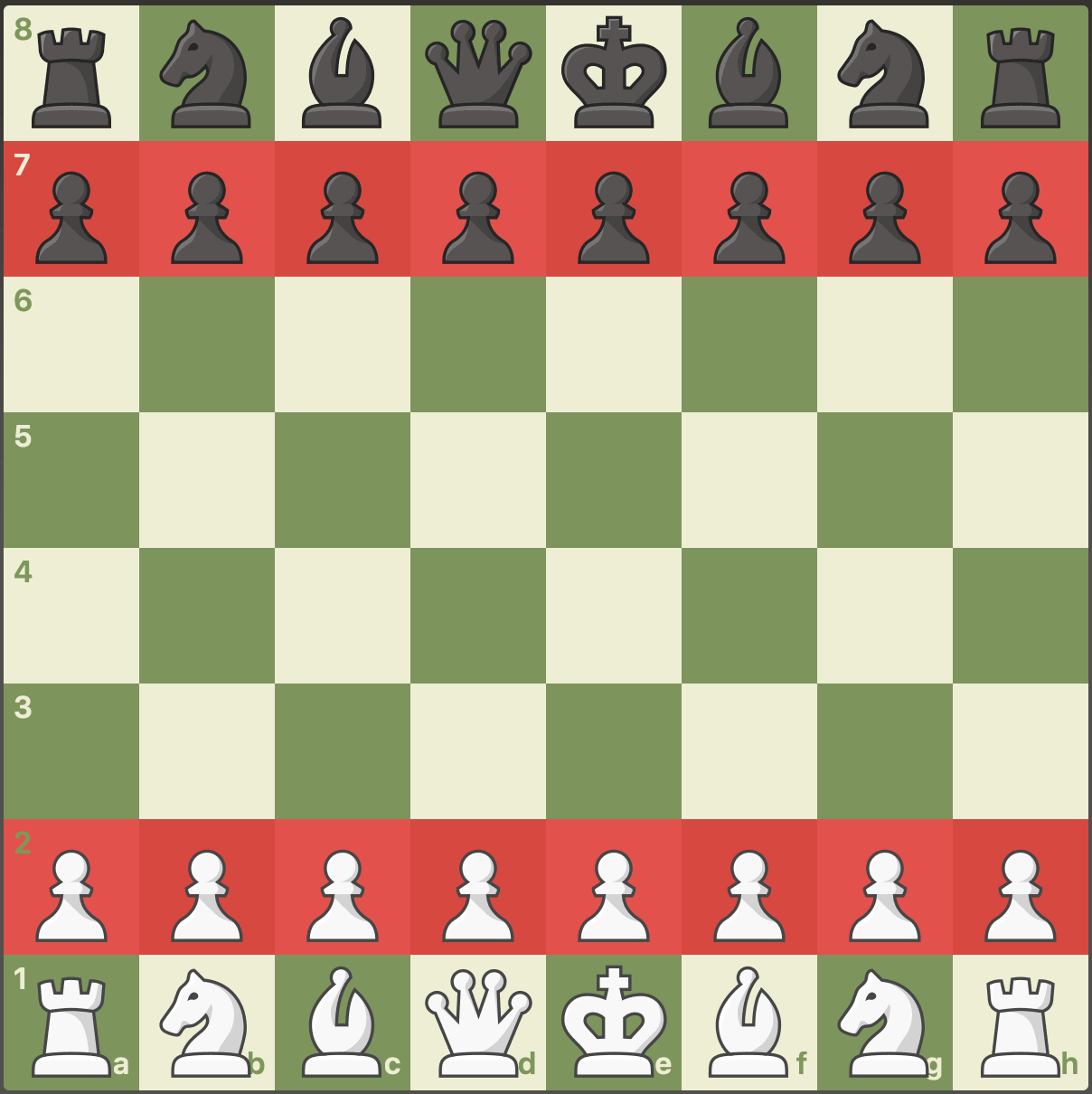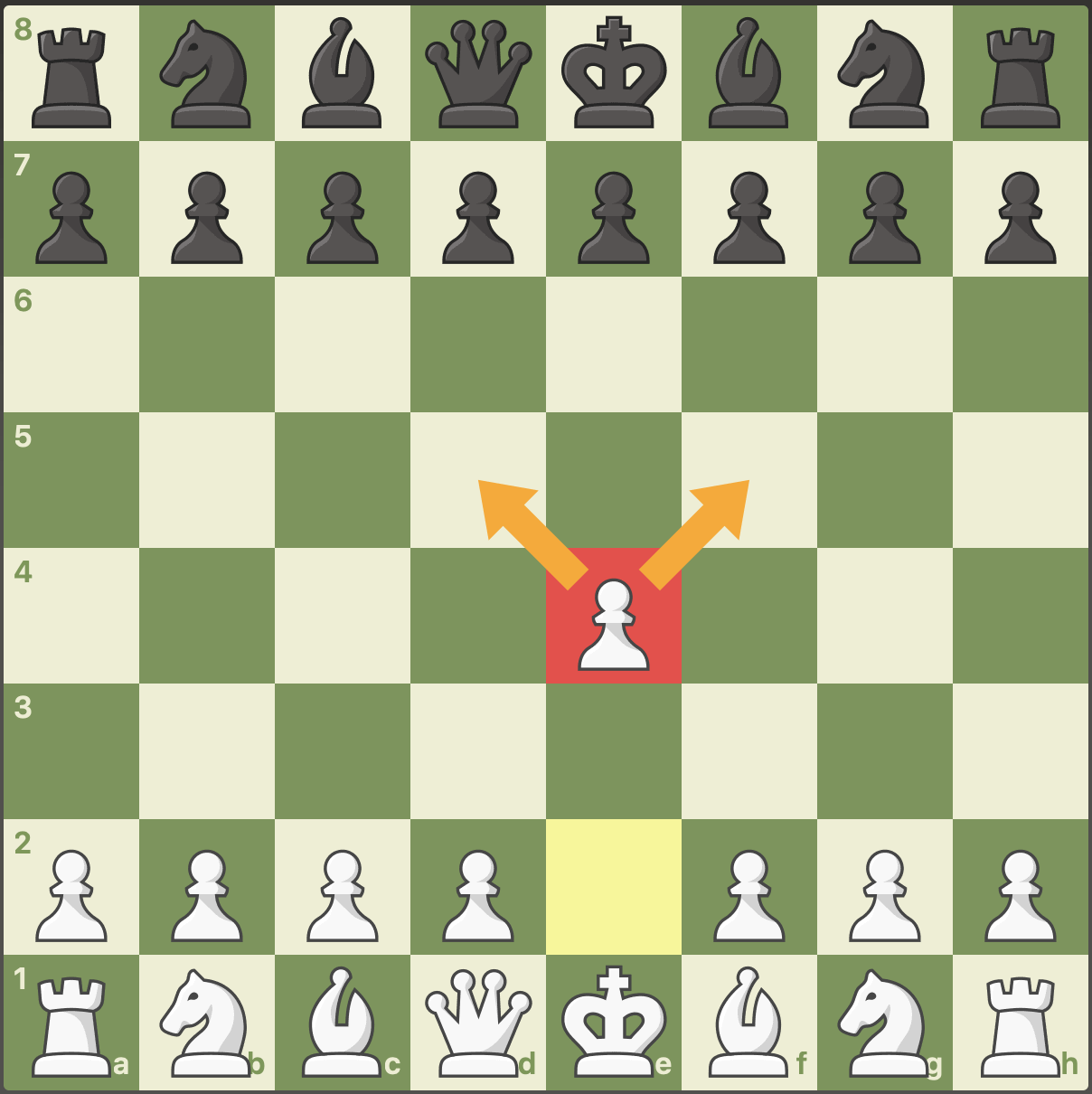Methods for Chess: Opening the Tricks to Grasping the Game
Chess methods encompass a series of techniques vital for success. Comprehending the fundamentals is important for any type of gamer. Each stage of the game-- from openings to endgames-- requires a distinct technique. Mastering these elements can bring about significant benefits. Nonetheless, the journey does not end with fundamental understanding. There are much deeper layers to check out, disclosing the intricacies that can genuinely boost one's game. What exists beyond the surface of these fundamental methods?
Recognizing the Principles of Chess
While several players focus on innovative techniques and methods, recognizing the principles of chess is important for any individual looking for to improve their game. The foundation of chess begins with the regulations, which determine exactly how each piece actions and captures. Familiarity with the board's design and item values is essential, as it helps gamers examine placements and make notified choices.
In addition, mastering basic concepts such as control of the facility, piece advancement, and king security lays the groundwork for efficient gameplay. Players must find out the significance of keeping pawn structure and recognizing dangers, as these elements can significantly affect the result of a suit.

Creating a Winning Opening Method
An effective opening approach in chess is vital for developing a helpful position early in the game. Gamers typically focus on vital concepts such as item advancement, control of the facility, and king security. Establishing pieces efficiently allows for higher mobility and tactical possibilities, while occupying the central squares improves influence over the board.
Opening techniques can differ substantially, from hostile lines intended at fast assaults to solid formations that prioritize protection and steady advancement. Knowledge with usual openings, such as the Ruy Lopez or Sicilian Protection, can give players with an arsenal to attract from and adjust to challengers' responses.
In addition, preserving adaptability in one's opening up approach is important, as stiff play can result in foreseeable patterns quickly manipulated by well-informed opponents. Eventually, a winning opening strategy sets the stage for a successful center game, paving the means for success.
The Relevance of Board Control
Board control acts as an essential aspect of chess method, considerably affecting the result of the game. Reliable board control permits a player to determine the speed and flow of the match, giving possibilities for tactical development while restricting the challenger's options. By inhabiting key squares, especially in the center, gamers can boost their item mobility and create more powerful settings.
Managing the board also promotes far better control amongst pieces, enabling tactical mixes and defenses. Chess. This advantage frequently translates right into boosted stress on the opponent, causing potential errors or miscalculations. Alternatively, an absence of board control can leave a player susceptible, as their items come to be restricted in activity and efficiency
Therefore, grasping the art of board control is vital, as it lays the foundation for successful maneuvers and lasting tactical preparation, ultimately determining the champion in chess.
Strategies and Mixes: Searching For Hidden Opportunities
Discovering techniques and combinations is vital for getting a benefit in chess, as it permits gamers to manipulate weaknesses in their opponent's setting. Tactical understanding includes acknowledging patterns such as forks, pins, and skewers, which can bring about material gain or positional advantage. Gamers must regularly check the board for surprise opportunities, examining prospective dangers and feedbacks.
Combinations frequently include a series of actions that may at first appear counterproductive however can finish in a decisive outcome. Chess. For example, compromising an item to lure an opponent into a catch can move the game's momentum
Furthermore, efficient estimation is essential; gamers should visualize numerous relocations in advance to predict the repercussions of their activities. Normal method of tactical problems review can hone this skill. Eventually, grasping techniques and mixes equips players to seize control of the game, turning relatively normal placements right into winning opportunities.
Endgame Techniques: Safeguarding Your Success
Mastery of strategies and combinations prepares for success, however acknowledging just how to transform advantages into triumph during the endgame is similarly essential. In this phase of the game, gamers have to concentrate on item coordination and pawn promotion. Understanding vital principles such as opposition and controlling essential squares can greatly boost one's opportunities of winning.
Effective endgame methods include simplifying the setting when ahead, trading pieces to reduce the opponent's counterplay, and utilizing the king actively as a fighting item. Players should intend to produce passed pawns that can progress toward promo, compeling the challenger to divert resources to resist them.
Exercising typical endgame situations, such as king and pawn versus king, can provide very useful experience. Finally, keeping patience and foresight during the endgame will often divide the newbie from the master, as decisive minutes can emerge unexpectedly.
Evaluating Your Opponent's Relocations
How can visit the website a player properly expect their challenger's strategy? Examining an opponent's steps is crucial for establishing an one-upmanship in chess. Players ought to observe patterns in their challenger's play style, keeping in mind propensities such as hostile or defensive maneuvers. By understanding these patterns, a player can anticipate prospective responses and prepare counter-strategies.
Additionally, identifying the opening options can expose a wealth of details pertaining to a challenger's recommended approaches. Gamers ought to additionally examine the timing and context of specific relocations, checking out the underlying motivations behind them.
Utilizing strategies such as keeping a versatile way of thinking and adjusting to changes in the game can enhance a gamer's capability to respond properly. Furthermore, monitoring their opponent's clock administration may provide insights into their degree of self-confidence and convenience with the placement. Overall, precise observation and evaluation are necessary for anticipating and combating an opponent's approach.
Continuous Understanding and Improvement in Chess

Constant discovering is a fundamental element of boosting one's chess game, complementing the logical skills developed via observing opponents. Players can improve their capabilities by examining traditional games, exploring opening concepts, and engaging with literary works on innovative techniques. On the internet sources and chess engines offer vital devices for examining past video games, allowing gamers to identify mistakes and refine their decision-making processes.
Taking part in events and laid-back suits is necessary for useful experience, allowing gamers to use new knowledge in real-time scenarios. Furthermore, joining clubs or on the internet forums cultivates an area atmosphere where gamers can exchange understandings, go over techniques, and receive useful feedback.
On a regular basis examining one's very own games and those of higher-rated gamers helps light up locations for enhancement - Chess. By cultivating a frame of mind of long-lasting understanding, chess enthusiasts can continually adjust, evolve, and eventually reach their capacity in this elaborate and fulfilling game
Frequently Asked Inquiries
What Are the most effective Chess Books for Beginners?
The most effective chess books for newbies consist of "Chess for Dummies" by James Eade, "The Complete Pinhead's Overview to Chess" by Patrick Wolff, and "Bobby Fischer Shows Chess." These sources give fundamental approaches and important understanding for brand-new players.
How Do I Manage Shedding Streaks in Chess?

What Online Platforms Are Ideal for Practicing Chess?
Popular online systems for exercising chess consist of Chess.com, Lichess.org, and Internet Chess Club. Each deals different functions such as problems, tutorials, and affordable play, catering to different skill degrees and preferences among chess enthusiasts.
Just How Can I Boost My Chess Visualization Skills?
To enhance chess visualization skills, one must exercise psychological workouts, resolve problems, assess games without a board, and progressively raise the intricacy of placements. Regularly playing blindfold chess can likewise greatly enhance visualization capabilities.
What Are Common Emotional Catches in Chess?
Common psychological catches in Full Article chess consist of overconfidence, time pressure, and the fear of errors. Players might additionally come down with confirmation prejudice, leading them to overlook better steps while concentrating on formerly successful strategies.